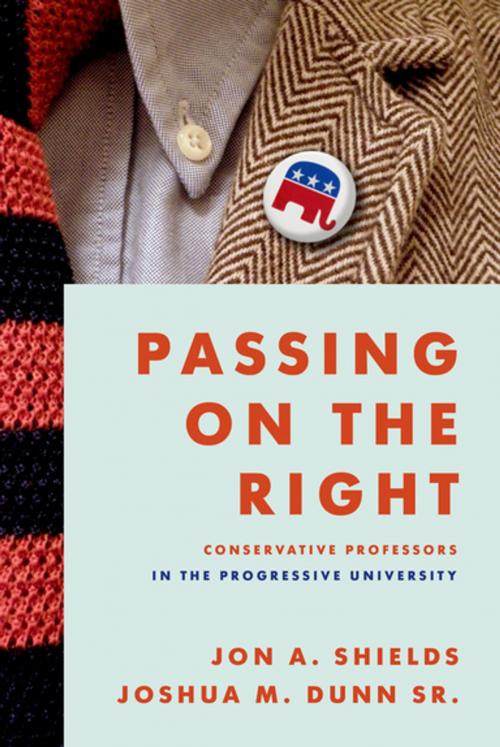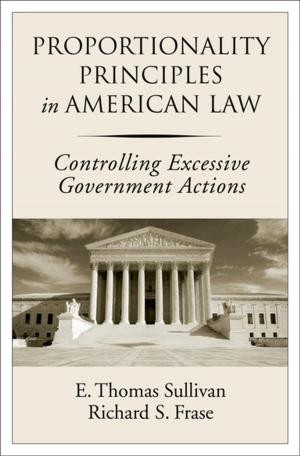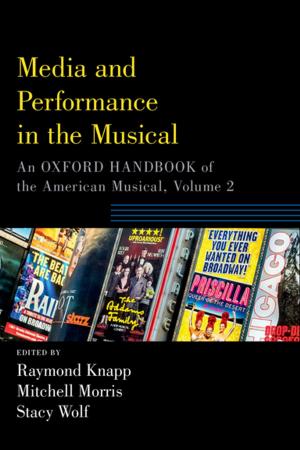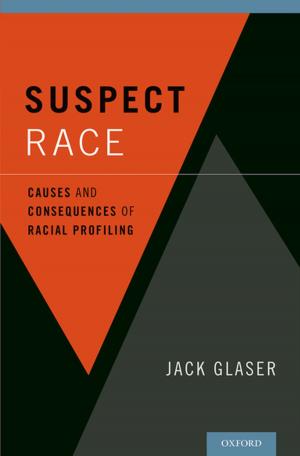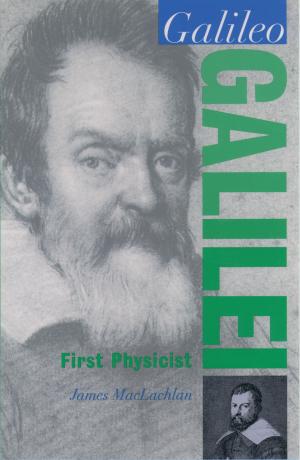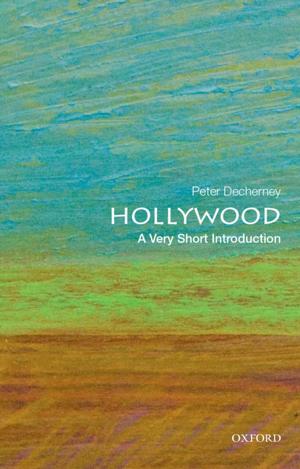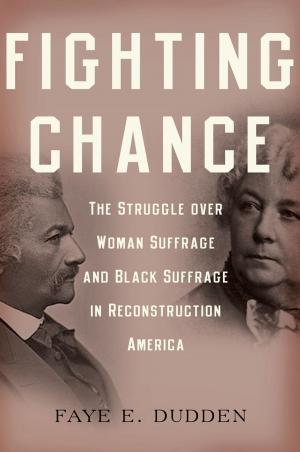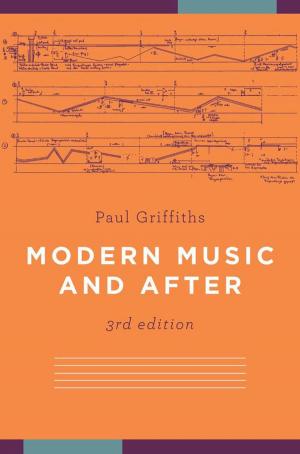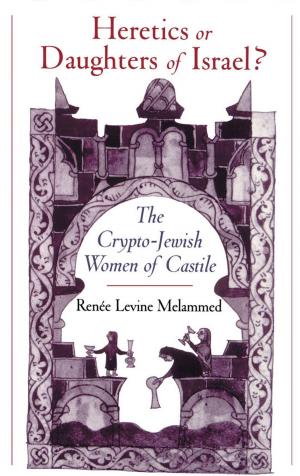Passing on the Right
Conservative Professors in the Progressive University
Nonfiction, Social & Cultural Studies, Political Science| Author: | Jon A. Shields, Joshua M. Dunn Sr. | ISBN: | 9780199860258 |
| Publisher: | Oxford University Press | Publication: | February 29, 2016 |
| Imprint: | Oxford University Press | Language: | English |
| Author: | Jon A. Shields, Joshua M. Dunn Sr. |
| ISBN: | 9780199860258 |
| Publisher: | Oxford University Press |
| Publication: | February 29, 2016 |
| Imprint: | Oxford University Press |
| Language: | English |
Few seem to think conservatives should become professors. While the left fears an invasion of their citadel by conservatives marching to orders from the Koch brothers, the right steers young conservatives away from a professorial vocation by lampooning its leftism. Shields and Dunn quiet these fears by shedding light on the hidden world of conservative professors through 153 interviews. Most conservative professors told them that the university is a far more tolerant place than its right-wing critics imagine. Many, in fact, first turned right in the university itself, while others say they feel more at home in academia than in the Republican Party. Even so, being a conservative in the progressive university can be challenging. Many professors admit to closeting themselves prior to tenure by passing as liberals. Some openly conservative professors even say they were badly mistreated on account of their politics, especially those who ventured into politicized disciplines or expressed culturally conservative views. Despite real challenges, the many successful professors interviewed by Shields and Dunn show that conservatives can survive and sometimes thrive in one of America's most progressive professions. And this means that liberals and conservatives need to rethink the place of conservatives in academia. Liberals should take the high road by becoming more principled advocates of diversity, especially since conservative professors are rarely close-minded or combatants in a right-wing war against the university. Movement conservatives, meanwhile, should de-escalate its polemical war against the university, especially since it inadvertently helps cement progressives' troubled rule over academia.
Few seem to think conservatives should become professors. While the left fears an invasion of their citadel by conservatives marching to orders from the Koch brothers, the right steers young conservatives away from a professorial vocation by lampooning its leftism. Shields and Dunn quiet these fears by shedding light on the hidden world of conservative professors through 153 interviews. Most conservative professors told them that the university is a far more tolerant place than its right-wing critics imagine. Many, in fact, first turned right in the university itself, while others say they feel more at home in academia than in the Republican Party. Even so, being a conservative in the progressive university can be challenging. Many professors admit to closeting themselves prior to tenure by passing as liberals. Some openly conservative professors even say they were badly mistreated on account of their politics, especially those who ventured into politicized disciplines or expressed culturally conservative views. Despite real challenges, the many successful professors interviewed by Shields and Dunn show that conservatives can survive and sometimes thrive in one of America's most progressive professions. And this means that liberals and conservatives need to rethink the place of conservatives in academia. Liberals should take the high road by becoming more principled advocates of diversity, especially since conservative professors are rarely close-minded or combatants in a right-wing war against the university. Movement conservatives, meanwhile, should de-escalate its polemical war against the university, especially since it inadvertently helps cement progressives' troubled rule over academia.
